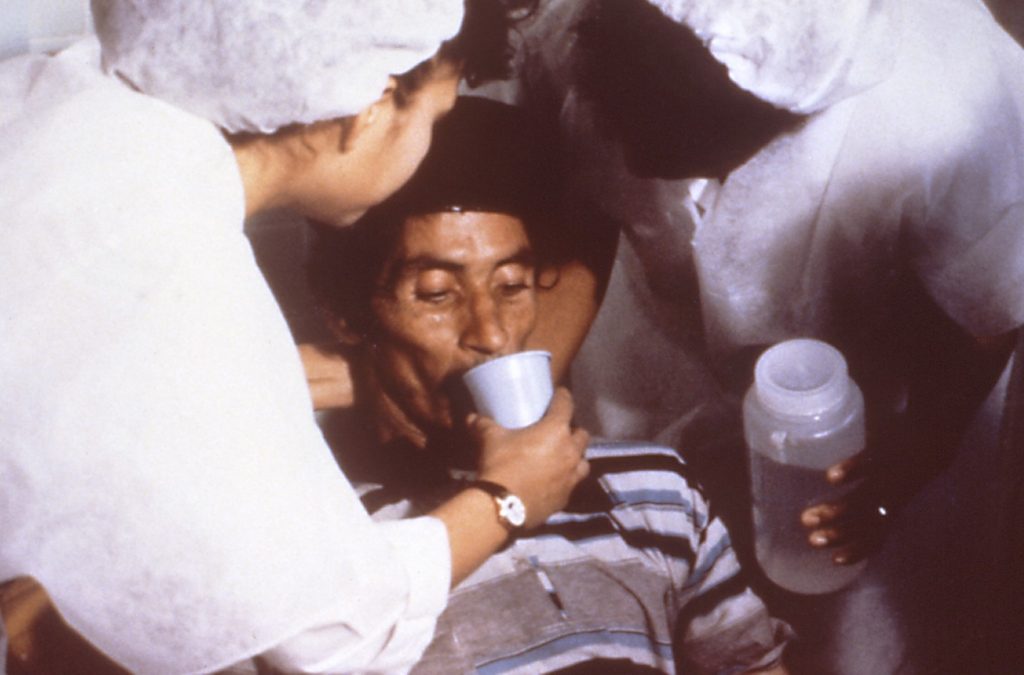Hi! I’m a first-year Emergency Medicine Resident Physician and a Founder of PurLyte LLC.
Between my third and fourth years of medical school, I obtained a Master of Public Health with a concentration in Disaster Management. Early on in the course of my MPH degree, I took a keen interest in water and the harmful things that can contaminate it, especially in the aftermath of a disaster. Specifically, I have focused on learning as much as possible about microbial pathogens in water, and how these pathogens can affect human health.
The nidus for my interest in this subject came when I was reading about the cholera outbreak that occurred in Haiti in 2010 and 2011 after the earthquake.
During this epidemic, chlorination was widely used in order to clean water that was otherwise heavily contaminated and unsafe for consumption.
Despite this use of chlorine as well as other attempts to mitigate the spread of cholera, there were about 820,000 cases, and 10,000 deaths from this one outbreak alone.
These deaths should have never happened.
Cholera, and many other acute watery diarrheal illnesses, kill individuals mainly by causing a profound loss of fluids and electrolytes. Without treatment, this can lead to severe dehydration that can then rapidly devolve into hypovolemic shock and subsequent death in less than 24 hours in the most severe cases.
The treatment for these illnesses (in all but the most severe cases) consists of a simple solution with equimolar concentrations of sugar and salt (and now a few other electrolytes), and is called Oral Rehydration Solution or Oral Rehydration Therapy (ORS or ORT).

ORS was developed specifically for the treatment of cholera and it is THE BEST beverage a human can drink in order to get as much fluid from the gut as possible. It was widely used throughout the 2010/2011 cholera outbreak in Haiti, but problems with access, problems with mixing it correctly, and problems with finding clean water to make it with all limited its ability to prevent deaths.
In order to focus on these issues more directly, I decided to learn more about them through my MPH Internship. Through this internship at AU/UGA Medical Partnership Campus, I learned about water quality and water treatment, and how these issues fit into public health and medicine, with guidance from Dr. Jonathan Murrow.
Additionally, I applied my learning on these topics by writing my capstone project about an intervention method which aims to lower the morbidity and mortality of diarrheal disease outbreaks following natural disasters in resource-limited settings.
To see my CV, or to learn more about these projects, visit my personal website, here.


